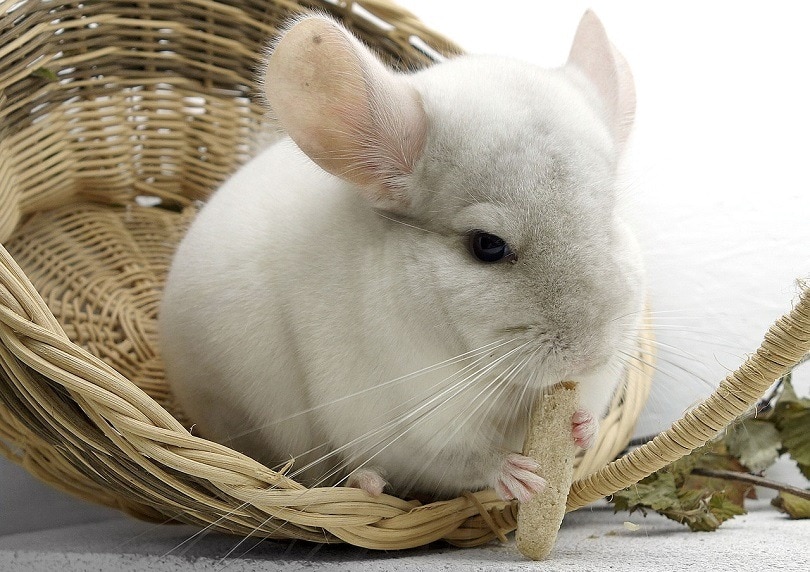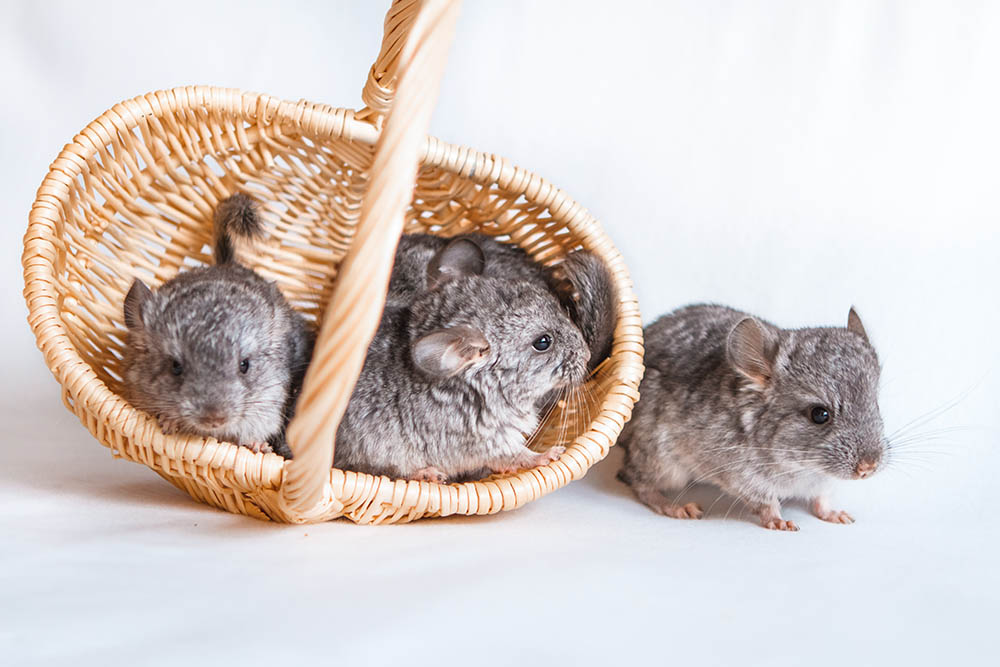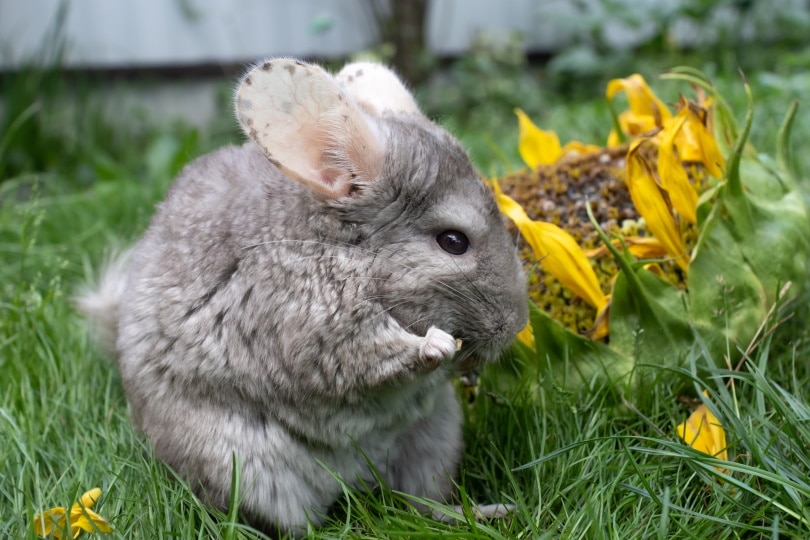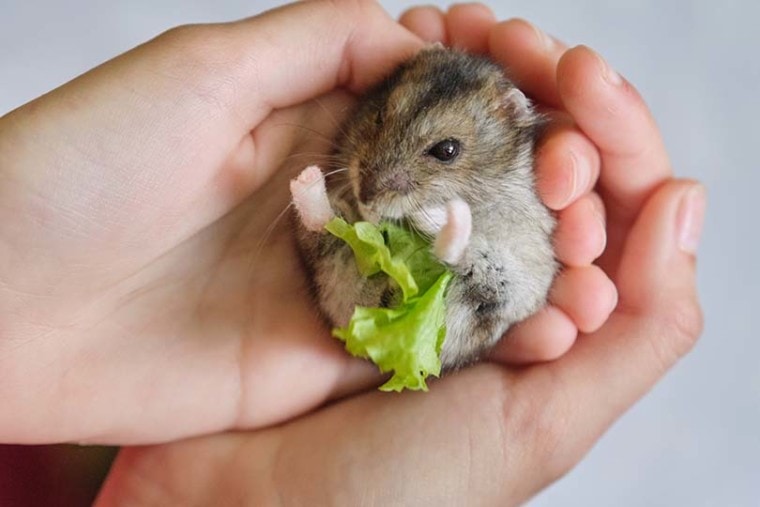
Many different types of animals make noises to show their affection for their owners or as a sign that they’re feeling happy. Cats use vibrations from their bodies to emit a sound and feeling to people that show they’re in a good mood—along with other signs like perking up their tails. This sound is what we all know as purring.
Other animals make sounds to show they’re happy like a dog barking, or a bird singing, but do any other animals purr? Now, the animal in question for this article is a strange one—mice. Do mice purr? Mice do purr but it’s not the same way cats do in terms of the sound, how it works, and when it happens. Continue reading for the details.
Do Mice Purr?
It’s been known that mice purr similar to cats but only when they are very young. Baby mice who don’t have their teeth yet will make popping noises that sound like purring, but it’s a result of their gums grinding—a term called, “bruxing.”
It doesn’t last very long as they get older and start growing in their teeth. In fact, if you hear this noise when they’re older you should get them checked on for possible breathing issues.
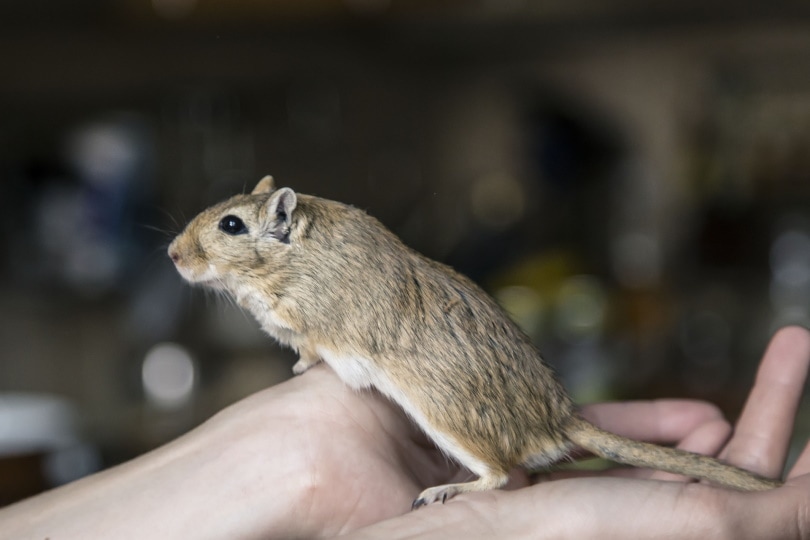
Do Mice Show Their Emotions in Other Ways?
Usually, animals who have tails use them to show their emotions and to keep their balance when scurrying along trees or fences. Mice will vibrate their tails when they’re up against a threat or feeling intimidated. In most cases, male mice will use this as a sign that they are ready to fight with another male. Essentially, it’s a “go” sign before a mouse fight.
Mice may also make movements with their tails when they feel apprehension or uneasiness with a situation. It’s uncommon for two males to reside in the same space because they are very territorial with each other. Much like lions in packs mice usually live solo with multiple female mice.
How Do Mice Show Affection?
In groups, mice will show affection towards each other by snuggling up together. You might notice when you head to a pet store or visit a friend’s pet, sometimes you will catch them balled up together sleeping. Much like other domestic pets who have affection towards one another, they will also be seen grooming each other. Mice even play with each other! When they get the urge, they’ll play and chase each other around their enclosures.
With humans, they don’t show as much affection, or at least not in the same way. They are a bit shyer compared to other domestic pets in the sense that they might not always want to be held or petted. They do bond to humans though and with enough attention (and the right kind of attention) they will bond to you.
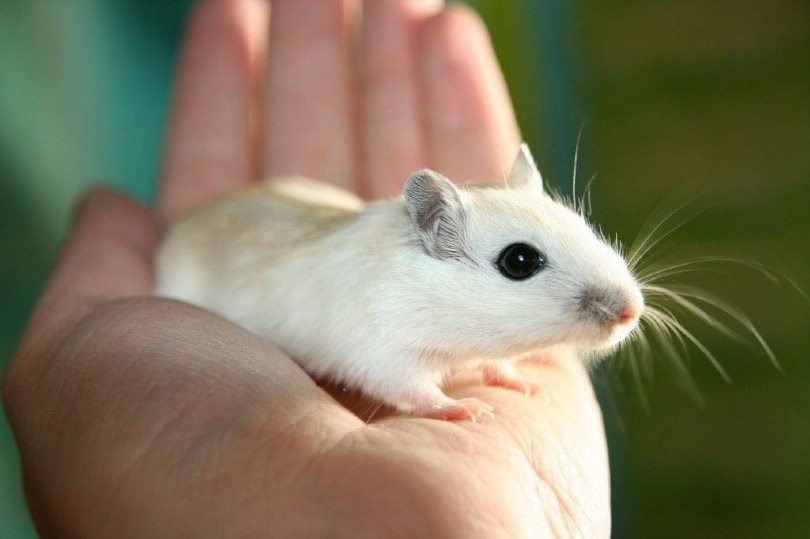
What Other Noises Do Mice Make?
Mice will interact with each other by making squeaking noises to each other while they scurry around their cage and in between snuggles. These noises are very high-pitched and most usually cannot be heard by humans. In most cases, mice will make the most noise from their feet scurrying around cages or hard surfaces. You will also hear them when they’re nibbling on mice food!
Final Thoughts
While mice may not purr, they do display different emotions in their own way. They have a social side to them and will enjoy a mouse friend and an affectionate owner. As social creatures, it’s important to note that they might not want as many snuggles and pets as a dog or cat. This super speedy animal likes to burrow and scavenge naturally in the wild, so we aren’t surprised that they don’t favor constant handling. But they do bond with humans!
Keep an eye on their behavior and keep their tummies full and water fresh for a happy little mouse friend.
See also:
Featured Image Credit: VH-studio, Shutterstock


